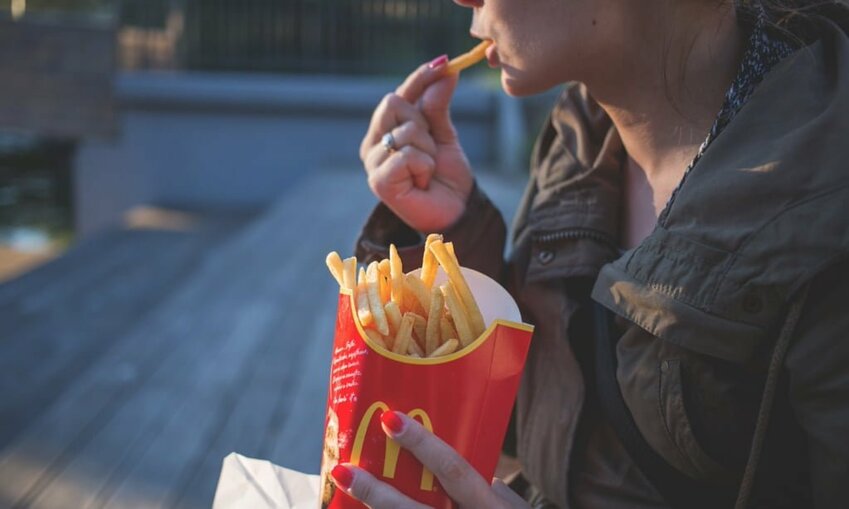 (Credit: Pixabay)
(Credit: Pixabay)A global investor coalition representing more than $11.4 trillion of assets is urging six of the world’s largest fast food companies to take faster and deeper action to manage climate and water risks in their supply chains. The coalition, facilitated by global investor network FAIRR and sustainability organization Ceres, originally launched in January 2019 with combined assets of $6.5 trillion. In one year, it has grown by 75% to include over 90 investors with combined assets of $11.4 trillion.
The investors are engaging with Chipotle Mexican Grill, Domino’s Pizza, McDonald’s, Restaurant Brands International (owners of Burger King), Wendy’s Co., and Yum Brands (owners of KFC and Pizza Hut). The firms are being asked to set aggressive targets to reduce their greenhouse gas emissions, water usage and water quality impacts of their meat and dairy supply chains.
One year into the engagement, the results show some progress across the key requests made by the investors, according to new analysis released by Ceres and FAIRR. However, the fast food companies’ efforts thus far do not sufficiently mitigate their exposure to the considerable physical, regulatory, and reputational risks climate change poses to animal agriculture. What’s more, the companies are not responding at the pace required to match the magnitude of their environmental impacts. Of the six engaged companies:
The six fast food companies have a combined market cap of over $260 billion and collectively manage over 120,000 restaurants worldwide. Today’s analysis is based solely on public disclosures to date and does not reflect key improvements discussed in private dialogues.
The second phase of the Ceres/FAIRR engagement launches today with the investor coalition writing to each company with specific tailored requests based on their current strategies. The engagements are also supported by members of the Interfaith Center on Corporate Responsibility (ICCR).